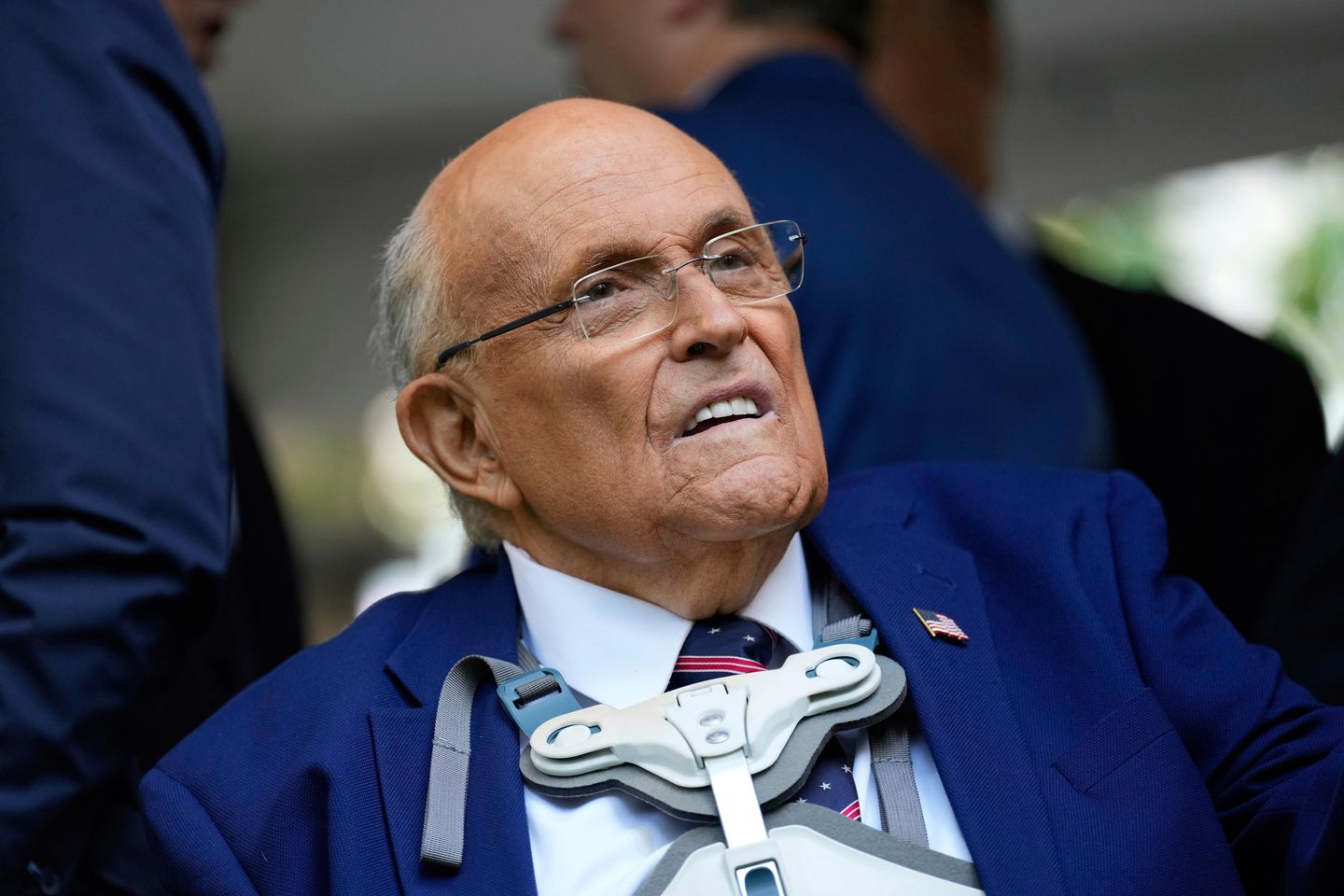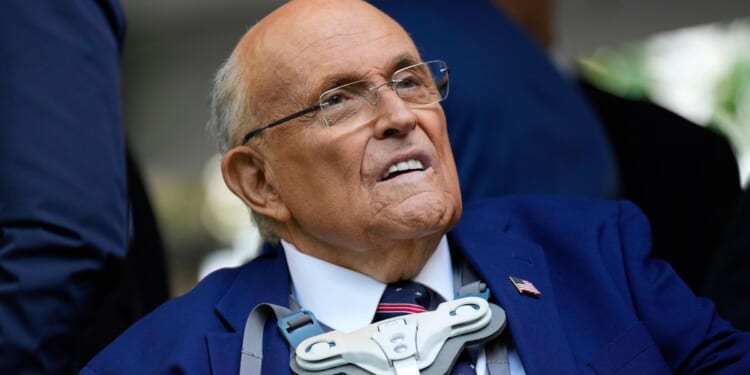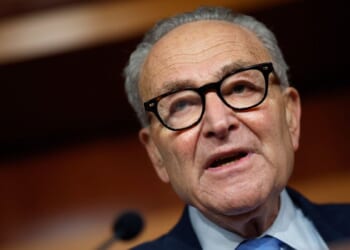
Don’t miss the full story from our staff writers, whose reportage is the basis of this article.
President Trump issued preemptive pardons late Sunday night to 77 individuals charged with attempting to overturn the 2020 presidential election results, including several high-profile allies and former advisers.
Among those pardoned were his former personal attorney Rudolph W. Giuliani, attorneys Sidney Powell and John Eastman, former White House Chief of Staff Mark Meadows, adviser Christina Bobb, and longtime adviser Boris Epshteyn.
U.S. Pardon Attorney Ed Martin posted the complete list of pardons on X just before 11 p.m., replying to his own May 26, 2025, post with the phrase “No MAGA left behind.” The pardons, which Trump signed on Friday, notably excluded the president himself, with the document explicitly stating the pardon does not apply to Trump.
Significantly, none of the 77 individuals pardoned were ever charged with federal crimes. However, the pardons serve to prevent any future federal prosecutions. Former special counsel Jack Smith had identified Giuliani, Eastman, Powell and others as co-conspirators in his election subversion case against Trump but never filed charges against them.
The pardons grant “full, complete and unconditional” clemency for conduct relating to “the advice, creation organization, execution, submission, support, voting activities, participation in or advocacy for or of any slate or proposed slate of presidential electors” connected to the 2020 election. This includes efforts to expose alleged voting fraud and vulnerabilities.
Jeffrey Clark, a former Trump DOJ attorney who now serves as acting administrator of the Office of Information and Regulatory Affairs, expressed gratitude on X, stating the pardon was “totally unexpected” and that he never lobbied for clemency. He maintained he did nothing wrong when questioning the 2020 Georgia election results.
The pardons only apply to federal charges and do not affect state prosecutions. Several individuals named in the pardons, including Giuliani and Meadows, had faced state charges in Arizona, Georgia, Michigan, Nevada and Wisconsin over the 2020 election. These cases encountered various obstacles or were dismissed, including a Michigan judge’s September dismissal of charges against 15 Republicans.
The preemptive pardons mirror those issued by President Biden before leaving office, who granted clemency to family members, General Mark Milley, Dr. Anthony Fauci, and members of the House Jan. 6 committee.
Trump himself faced federal felony charges for allegedly plotting to overturn the 2020 election, but those cases were dropped following his reelection victory under the policy against prosecuting sitting presidents.
The pardons follow Trump’s earlier clemency grants on inauguration day to hundreds of supporters charged in the January 6, 2021, Capitol riot.
Read more: Trump pardons Rudy Giuliani, Sidney Powell and others tied to 2020 ’fake electors’ case
This article is written with the assistance of generative artificial intelligence based solely on Washington Times original reporting and wire services. For more information, please read our AI policy or contact Ann Wog, Managing Editor for Digital, at awog@washingtontimes.com
The Washington Times AI Ethics Newsroom Committee can be reached at aispotlight@washingtontimes.com.
















